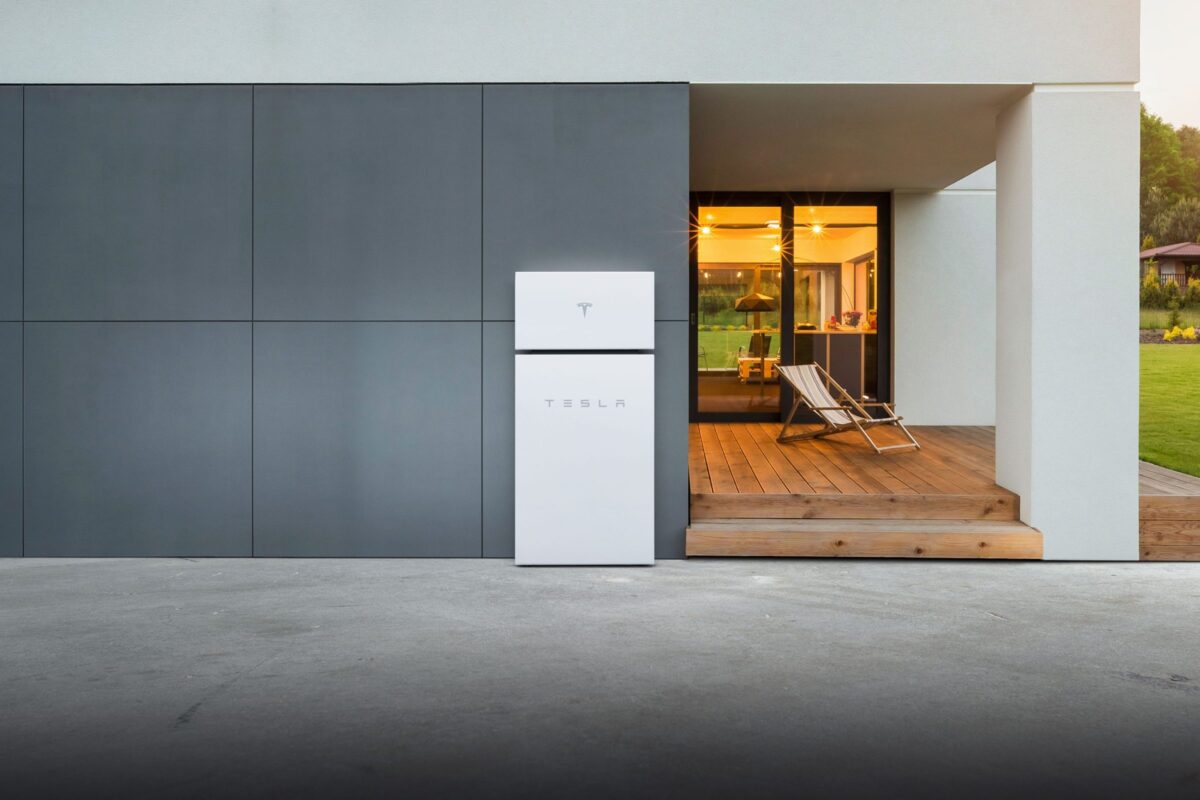This week’s clean energy investment roundup sees capital moving into long-duration energy storage and software for solar, wind and utilities.
An alternative to traditional pumped hydro
Quidnet Energy, a startup developing a long-duration energy storage technology, closed on a $10 million series B financing round. The firm also landed a contract with NYSERDA for a 2 MW/20 MWh demo project of its geomechanical pumped storage technology.
That’s ten hours of storage versus the four hours typical of the predominant lithium-ion battery technology. Quidnet aims to deploy a cost-effective alternative to traditional pumped hydro using “excess” renewable energy to store pressurized-water under ground at dry oil and gas wells.
“Quidnet’s GPS technology is a novel form of hydroelectric energy storage. It uses time-tested well-drilling and construction technologies to pump water under pressure into subsurface geological reservoirs to store energy. When variable renewable energy is not available, this water is released to drive hydroelectric turbines to power the electric grid,” said Quidnet CEO Joe Zhou.
Existing investors Breakthrough Energy Ventures (founded by Bill Gates in 2015) and Evok Innovations participated in the round, along with new investors Trafigura and The Jeremy and Hannelore Grantham Environmental Trust.
The CEO adds, “The 2-MW project will be funded by NYSERDA with $2.5 million — we’ll contribute the other half.” The startup suggests that “even at this modular scale, per-kilowatt installed costs are expected to be less than 50% of traditional pumped storage due to simpler civil construction scope.”
“Integrating renewables and replacing retiring thermal generation require cost-effective long- duration electricity storage at an immense scale,” said the CEO.
An alternative to lithium-ion batteries
Eos Energy Storage is a private zinc battery developer with the chance to go public via a merger with a special purpose acquisition company. The proposed merger would provide Eos with $225 million of new equity financing, including up to $50 million of proceeds from a backstopped PIPE by B. Riley Financial. The proposed transaction is expected to be completed in the fourth quarter of 2020, subject to a long list of terms and approvals.
Eos claims its zinc technology, twelve years in development, is a safe, scalable, and recyclable alternative to lithium ion.
Eos has spent over $160 million from investors including AltEnergy, Holtec International, Reservoir Capital Group and Generation Capital to develop its four- to six-hour battery — and has touted a $160 per kilowatt-hour price target for its zinc hybrid cathode design.
Aerial analytics
DroneBase, an aerial data and analytics company, raised $7.5 million in series C funding for its expansion into the renewable energy market. New investors Valor Equity Partners and Razi Ventures joined Union Square Ventures, Upfront Ventures, Hearst Ventures, Pritzker Group Venture Capital and DJI in the round.
“DroneBase has been instrumental in helping us scale solar asset inspection and analysis across North America,” said Jamie Mordarski, director of operations and maintenance at SMA America. The startup’s machine learning algorithms “pre-screen images without damage and focus customers’ attention on potential issues.”
Software for utilities
Urjanet, a utility account aggregator, raised $14.7 million in series D funding. Urjanet connects businesses and software applications to data from utilities across the globe with a suite of APIs and integration tools. Equifax was joined by return backers Oak HC/FT, Pete Kight, Grotech Ventures, and Correlation Ventures.
Software for renewables
Clir Renewables, a provider of performance assessment software for renewable energy, secured a $1.25 million loan with Silicon Valley Bank. Clir’s AI-driven software generates a picture of individual asset and portfolio performance by digitizing each turbine or “solar PV cell” and its specific environmental context.
Founded in early 2017, the firm supports over 6 GW of assets worldwide with clients typically seeing increases of up to 5% in annual energy production in the first year,” according to the startup.
This content is protected by copyright and may not be reused. If you want to cooperate with us and would like to reuse some of our content, please contact: editors@pv-magazine.com.








By submitting this form you agree to pv magazine using your data for the purposes of publishing your comment.
Your personal data will only be disclosed or otherwise transmitted to third parties for the purposes of spam filtering or if this is necessary for technical maintenance of the website. Any other transfer to third parties will not take place unless this is justified on the basis of applicable data protection regulations or if pv magazine is legally obliged to do so.
You may revoke this consent at any time with effect for the future, in which case your personal data will be deleted immediately. Otherwise, your data will be deleted if pv magazine has processed your request or the purpose of data storage is fulfilled.
Further information on data privacy can be found in our Data Protection Policy.